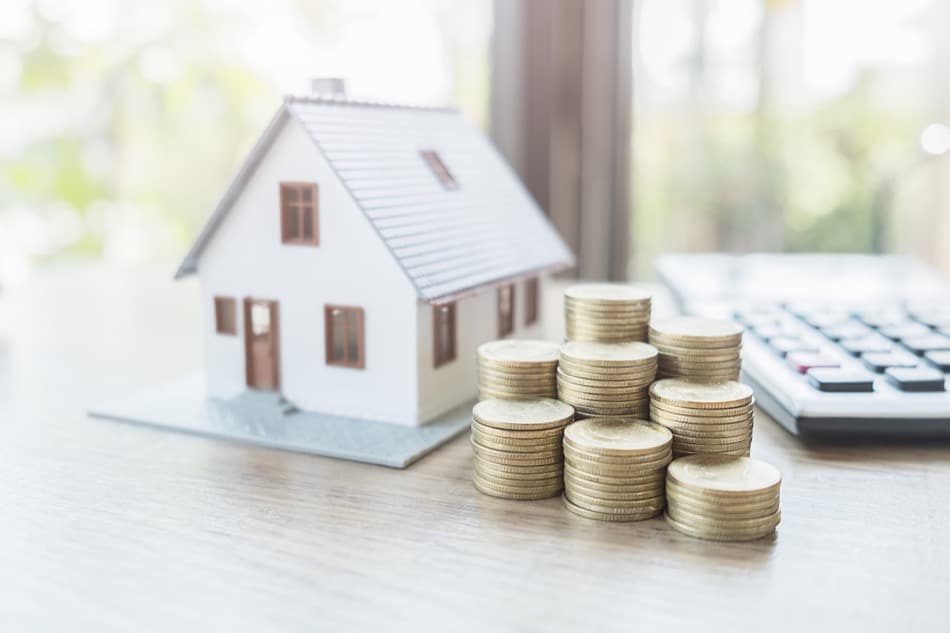
What Happens If You Miss a Mortgage Payment?
 Most Brooklyn Park home buyers are purchasing their new home by using a home loan. With a mortgage, the new homeowner will have to pay a set amount of money every month for 15 or 30 years, or another amount of time. While no one wants to be late on their payments, it’s possible for mistakes to happen or financial difficulties to strike at the most inopportune times. Here is everything a homeowner needs to know about late mortgage payments, including penalties and what to do when a homeowner knows their next payment is going to be late.
Most Brooklyn Park home buyers are purchasing their new home by using a home loan. With a mortgage, the new homeowner will have to pay a set amount of money every month for 15 or 30 years, or another amount of time. While no one wants to be late on their payments, it’s possible for mistakes to happen or financial difficulties to strike at the most inopportune times. Here is everything a homeowner needs to know about late mortgage payments, including penalties and what to do when a homeowner knows their next payment is going to be late.
For informational purposes only. Always consult with a licensed mortgage or home loan professional before proceeding with any real estate transaction.
When the Payment is a Few Days Late
Sometimes a mortgage payment doesn’t go through when it’s supposed to, and the homeowner doesn’t notice until two or three days later. Most lenders have a grace period for these sorts of mistakes. Typically, the grace period lasts 15 days, but homeowners need to check with their lender to make sure they don’t have their own company policy, which may differ from what’s average. If the homeowner submits the late payment within the grace period, nothing will happen. The payment will go through normally as if it was submitted on time. However, homeowners shouldn’t get into a habit of submitting their payments late because of this.
When the Payment is 15 Days Late
If a homeowner misses their lender’s grace period and submits the payment on the 16th day or later, they will have to pay a late fee. Typically, the fee is 5% of the payment. While 5% may not sound like a lot at first, it can add up quickly. This is the most lenient of all the penalties a homeowner may incur. Again, homeowners need to check with their lender to see if this stands or if their policy is different.
When the Payment is 30 Days Late
Once the payment is 30 days overdue or more, the homeowner will receive a more stringent punishment. On top of the 5% late fee from being 15 days late, they may also be reported to credit bureaus, which will result in a drop in credit score. The exact amount a credit score will drop will change from person to person, but people who have scores of 780 or higher tend to see the largest drops.
When the Payment is More Than 90 Days Late
Once a mortgage payment is overdue by 90 days or more, the homeowner will face the most dire consequences. In addition to late fees and credit score drops, the lender is now allowed to start the foreclosure process. If this happens, the homeowner will receive a Notice of Default, and in most cases, the homeowner will be given 90 more days to submit all of their late payments, and if the 90 days pass with no payments, the home will be put up for auction. Some states give the homeowner the right of redemption, which allows them to fight the foreclosure process.
What To Do When the Payment Will Be Late
If a homeowner knows they will be unable to pay their mortgage on time, the first thing they need to do is contact their lender. Homeowners who do this can sometimes qualify for forbearance, which is an agreement between the lender and homeowner to temporarily suspend mortgage payments until the homeowner is financially stable again. The homeowner can also look into government-assistance programs or try to restructure their mortgage.
Homeowners need to understand their mortgage and what will happen if they can’t meet their monthly payments. As mentioned before, these are the general rules for what will happen, but they can vary depending on the lender. Homeowners need to make sure they understand their lender’s rules and state’s laws regarding late mortgage payments.
For informational purposes only. Always consult with a licensed mortgage or home loan professional before proceeding with any real estate transaction.



